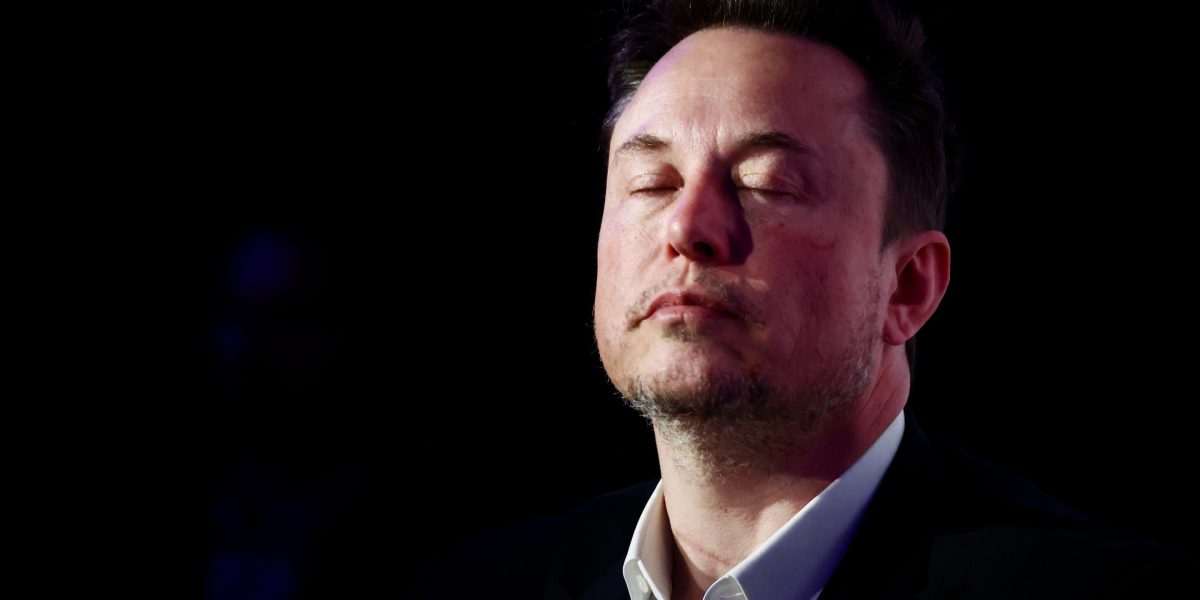
Tesla’s no good, very bad year got even worse on Friday following reports that Elon Musk’s EV powerhouse was cutting back production at its China plant.
Tesla trimmed the output at its plant in Shanghai (which produces for both domestic and international markets) starting earlier this month and has asked employees to work fewer days, Bloomberg reported, citing people familiar with the matter.
The company’s stock is already down more than 31% since the start of the year and fell as much as 4% in intraday trading on the China reporting, before rebounding slightly. Shares were down just under 2% as of Friday afternoon. Year-to-date, the S&P 500 is up about 10%.
Several setbacks over the past few months have taken a nearly $250 billion bite out of the company’s market cap.
Late last year, Warren Buffett-backed BYD toppled Tesla as the world’s leading electric carmaker by sales. The Chinese EV company delivered 526,409 vehicles in the fourth quarter, about 8% more than the 484,507 delivered by Tesla.
Chinese carmakers are increasingly making their mark on the EV market, and the car market in general, with low cost vehicles that have left even legacy carmakers like Honda and Nissan scrambling. Musk has himself lauded China’s carmakers, saying they are “the most competitive car companies in the world.”
In part to compete with Chinese automakers, Tesla has cut prices several times over the past year. In part due to Tesla’s price cuts, Hertz CEO Stephen Scherr told Bloomberg in January that the company planned to sell off 20,000 electric vehicles, the majority of which are Tesla’s.
Tesla’s fourth quarter earnings saw its revenue fall short of analyst expectations and its income from operations fall 47% from a year prior. The company also cautioned investors that “volume growth will be lower” in the coming year as it focuses on a “next generation,” vehicle that will be aimed at budget-strapped consumers.
Amid the lackluster results, some experts have suggested that it may be time for the Tesla board to force Musk out of the C-suite. Musk, although a visionary entrepreneur, has rubbed some the wrong way at Tesla for his blunt demeanor and reportedly demanding nature toward workers.
In January, Musk demanded 25% voting control of Tesla before he continued with the company’s development of robotics and AI. The ultimatum was salient given that Tesla’s monstrous valuation is at least partly based on hopes that Musk would eventually move the company beyond cars to make it into a technology juggernaut.
That promise hasn’t quite panned out yet, and still Tesla has one of the highest forward price-to-earnings multiples of the Magnificent Seven stocks. Pressure on the company is mounting—one top analyst last week sharply described Tesla as a “growth company with no growth.”
Tesla did not respond to a request for comment.

